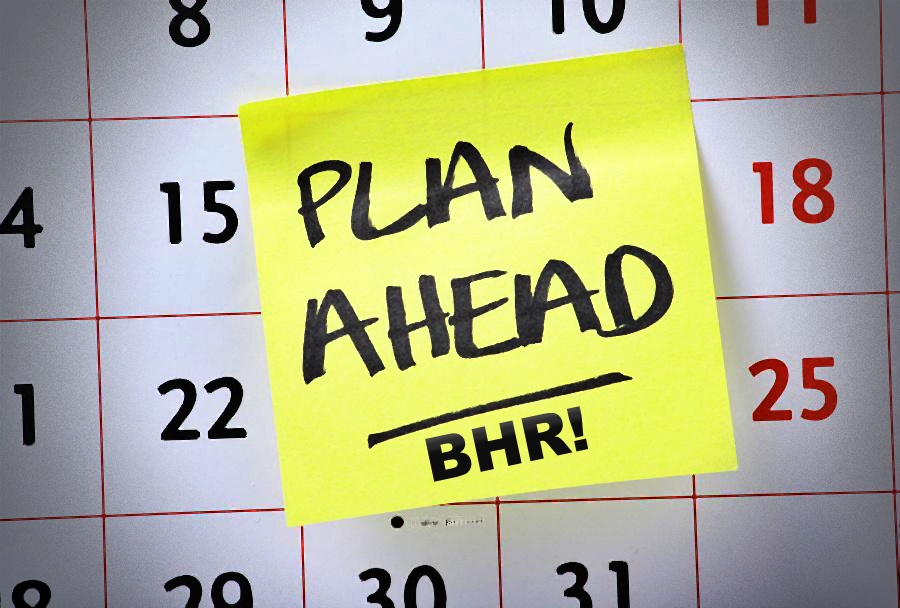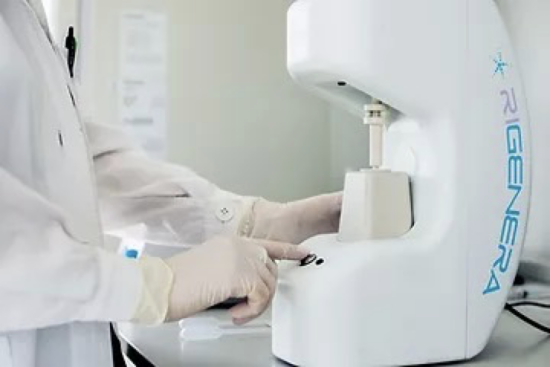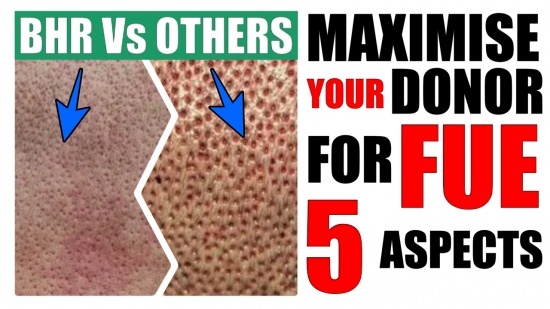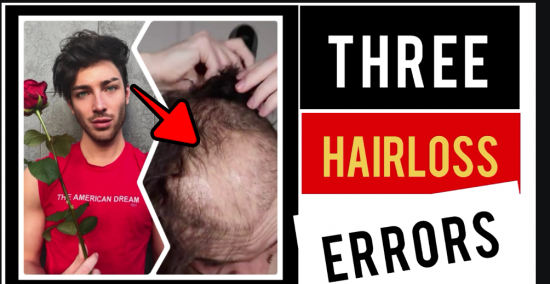“Thorough preparation makes its own luck.” Joe Poyer
Like all big events in life, preparation is not only needed but is of paramount importance and will certainly pay dividends! This is no different in the hair world and here are some easy, practical steps to help you get ready for FUE surgery!
Once you have done your due diligence in terms of research, and this will vary for some but the basics should be looking at a doctor’s results on different hair type and graft numbers, their pedigree and consistency, the customer service, education and transparent approach, genuine reviews published and also what their peers say about them, then making short lists and writing to several clinics may be the next step. Once the general research has been done then having questions answered and making it more bespoke to you is important, starting with personal assessments and consultations of your situation, meeting ex-patients and doing all you can to ensure that hair transplant surgery is the right choice for you, and indeed are confident you have found right clinic! Once that decision has been done you can then make the necessary preparations for the event itself and take some simple steps leading up to the big day itself.
Let us start with some practicalities of the process once you have come to the clinic you now will trust for your transformation.
Once surgery type and graft numbers has been agreed upon and a date given, usually a document will be sent out to the patient that is essentially your contract. A deposit is usually paid, and the terms and conditions of any payment should be transparent. Some clinics will have a no-refund policy, so ensure to clarify the situation before making any transaction. This is understandable as they are in essence holding a surgery room, booking staff and the doctor and essentially saying no to others.
Most clinics will provide you with a concise booking document as said or other documentation regarding pre-operational instructions (very important to adhere to), deposits needed, travelling, recommended hotels, required blood and PCR tests etc and timescales. The information provided will also include things you must or mustn’t do in the run to surgery, so make sure to follow and clarify anything needed.
The avoidance list will generally be issues like coming off any medication or vitamins that will thin the blood or cause excessive bleeding. Alcohol, smoking, caffeine, Minoxidil, vitamin E are examples of substances that will need to be ceased for a period of time, both pre and immediately possibly post-surgery. The clinic should however be approached if anything is not clear. Usage of drugs, recreational or otherwise should also be declared to the clinic, as they can severely affect blood coagulation, and is a reason why clear and open communication is essential from the start from both parties. Be honest to the doctor and expect this fiduciary relationship to help the process.
For the do list, there may be certain scalp exercises to perform, (more common for Strip surgery and not pertinent to FUE) in order to improve scalp laxity.
A blood test before surgery is good medical practice, and will check for conditions such as HIV, Hepatitis B and C, and the status of coagulation etc. Make sure to disclose any such issues and work with the clinic to provide all and any medical test results needed, including viral load results if asked for. Be aware clinic approaches can vary but you should work with the clinic to produce what they ask for, after all you are trusting them for your future look.
Apart from the above medical pre-requisites, there are also practical issues, hints and tips that may benefit the patient, (please ask us for our approach if needed), and this is where the experience of the clinic advisor will really help, by offering advice on simple things from travel arrangements, to the type of clothing to wear, accessories to bring to aid you in your treatment and above all a speedy recovery! Some examples pre-surgery instruction of this would be bringing a shirt to wear for the immediate post-surgery to avoid overhead activity of putting on t-shirts, sunglasses to hide facial swelling, an ice pack to treat the swelling itself, and a travel pillow to help sleep with the head elevated. Also, Aloe Vera and vitamin E oils/sprays to apply to the scalp post-surgery, and head-wear such as a baseball cap or bandana would also be useful. This is not an exhaustive list, but rather some examples of advice that will be helpful to the patient.
During and post-surgery entertainment is also a topic and DVDs could also be watched or Netflix, Youtube etc are all possibilities for most clinics. It is important however to travel as lightly as possible so as to avoid lifting heavy bags post-surgery, so don’t bring the whole collection of Columbo or your favourite series.
Travelling is also a factor to consider and how to avoid or limit any risks. Sitting by a window seat may be better than an aisle seat for example with less chance of an elbow from a passing passenger, or returning first class may be a preferred option in terms of protecting your investment and ensuring more space and less chance of having your head hit or bumped by other passengers near-by is an example and a good investment for some and indeed I took this approach myself.
Booking ample time off work, hotel and indeed travel arrangements should be done as soon as possible and not left to the last minute, hurrying a process never helps. If travelling from afar then many would prefer to arrive at the destination two days prior to surgery in order to acclimatise to the new surroundings, find out where local shops are, or simply to allow for possible travel delays, and still safely arrive in time for the surgery. Good planning will really pay off here and don’t be afraid to ask the clinic for suitable hotels or Airbnb places that are nearby and also if you are staying for more than a few days, then consider self-catering!
Simple things like changing currency, buying travel adapters etc should also not be left to the last minute. Like anything in life, poor preparation gives poor performance, so the better prepared the smoother things should be upon arrival and for post-surgery. Do all what you can in your power, make a list and check it and then leave the rest to the clinic.
Being mentally prepared is also an advantage, this is by no means easy and no-one is without a certain degree of anxiety, indeed it is normal also to a degree. Ensure to raise with the clinic any concerns you have that cause any extra stress or nervousness. Sometimes a simple call to the clinic/advisor can put your mind at rest.
Upon arrival to the clinic, you should be made to feel as welcomed and relaxed as is possible. The confidence of the doctor and medical team should also be transmitted to the patient. Ideally there should be someone available to speak your language fluently, and be able to translate throughout the day if need be. Any lack of communication will inevitably cause stress, especially if the patient feels he/she cannot express themselves clearly.
There will usually be consent forms to sign, these should be read and understood before signing and is a good time to raise any concerns and usually can be emailed to the patient prior to surgery to ensure they have time to digest the information. Failing to sign the forms would forfeit the surgery, so it is important to clear up any issues prior.
Effective communication throughout is key, and even more so post-surgery, as the patient goes through the final stages of concern, such as getting home safely, healing in time for work duties, and possible anxiety about future growth. An experienced advisor will be pro-active in answering such worries even before they are voiced, while also seeking to have very frequent post-operative communication with the patient, solicited or otherwise.
For the patient it will all be a new experience of wearing bandanas, keeping out of the social arena, and following strict post-operative guidelines. The world will seem very different for a few weeks and even loneliness or post op blues can set in. The advisor however, should have ample knowledge and ideally even personal experience of all of the above, and so be able to give timely and comforting advice.
Additional hints and tips may also be given at this stage, such as what foods to eat, vitamins to take and regimes to follow, along with anything that will give the patient a head start in healing. As the saying goes Every little helps .
So, if you have made your decision for surgery then following the above may help you in this process and make the journey that little bit easier!
Stephen



